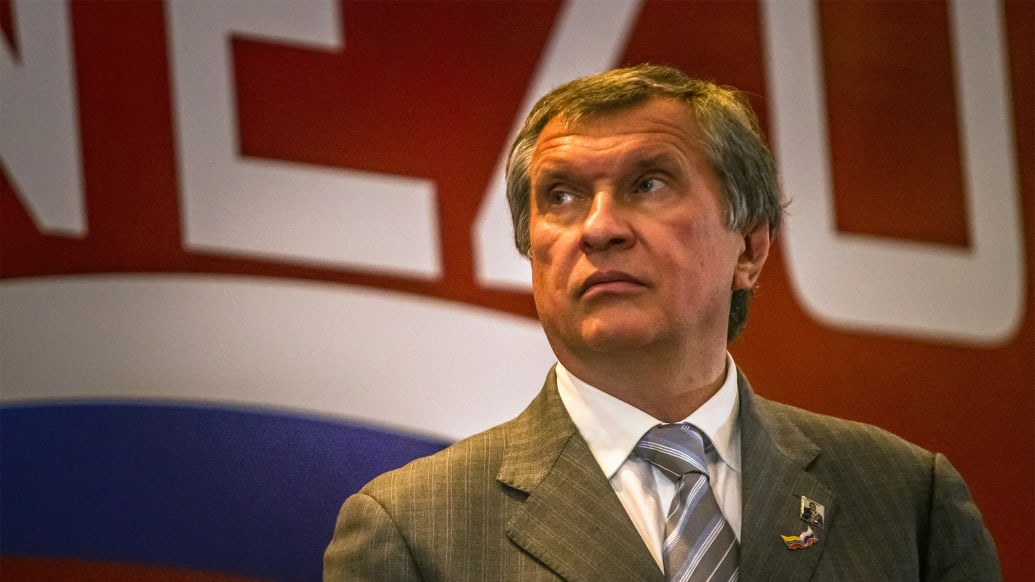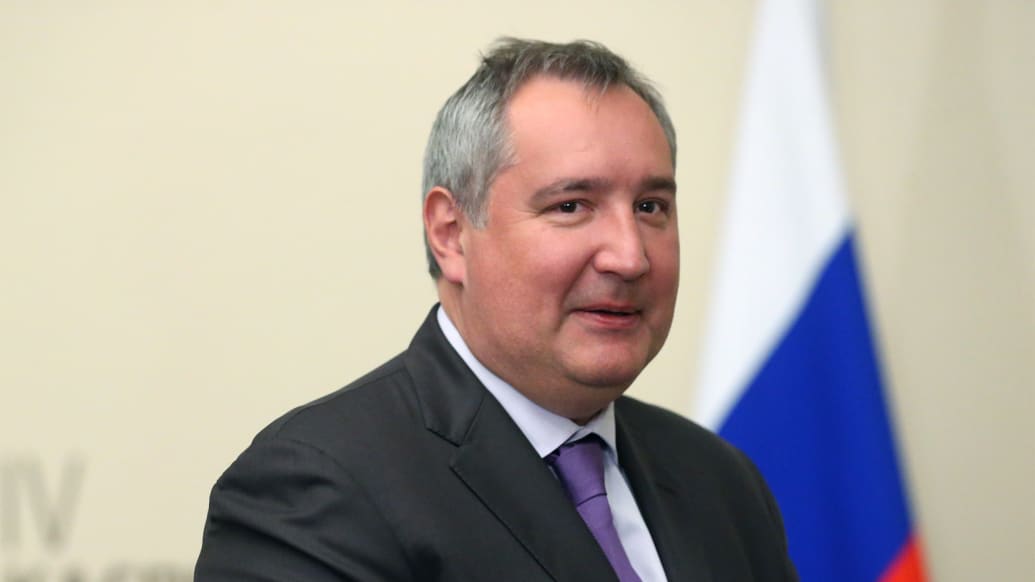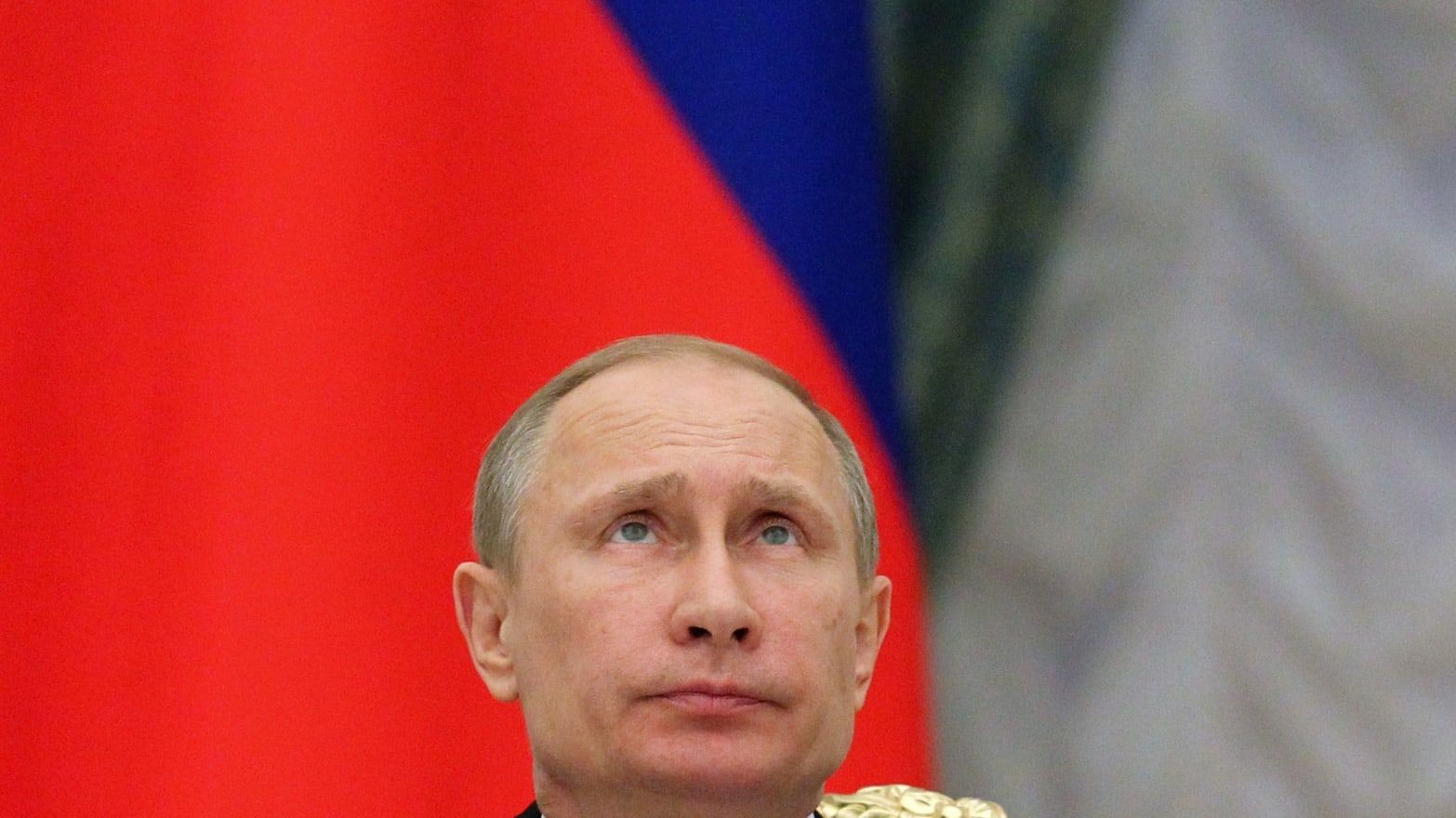MOSCOW—Vadim Gronskiy is an engineer who’s making money on the side as a taxi driver, and as we were driving down Pokrovka Street listening to the news on the radio, nothing seemed out of the ordinary. Then there was a report that Guy Fawkes revelers in Britain had burned an effigy of Russian President Vladimir Putin—and not just any effigy, mind you, but one that showed him clad only in a Borat-style bikini.
The Brits might laugh, but not Gronskiy. He cursed and turned off the radio. “They think Putin is the only evil in Russia and dream about getting rid of him,” he said, tightening his grip on the wheel. “They must be really ignorant in Europe if they think that the next Russian president will be better.”
Indeed, to understand Putin’s enduring popularity among fellow Russians—an 87 percent approval rating as of last month—several factors need to be taken into account, and not the least of them is fear, even among his critics, that whoever might follow him could well be worse. A common sentiment heard on the street puts the positive and negative side by side: “Putin is the best for Russia and we have no alternative.” He is the guarantor of the country’s stability, and it’s a tough job, but somebody’s got to do it.

So, as the ruble melts like wet snow, and even as Putin continues to court a potentially disastrous confrontation in Ukraine, many Russians prefer to think these problems are all the result of a Western conspiracy, and people rally around the leader. The way Westerners make fun of Putin’s bare-chested stunts doesn’t help. Many in Moscow take the mockery personally, feeling it’s not just this Russian leader but the Russians, period, that the Westerners want to humiliate.
Russian state-controlled media play this up, knowing they’ll get a patriotic reaction. Thus the report on the Guy Fawkes effigies, which also was picked up by RT, the English-language Russian satellite channel. It went so far as to show another effigy, this one with a bare-chested Putin figure carrying a gun atop a broken airliner reminiscent of Malaysia Airlines Flight 17, shot down over Ukraine last summer.
But even Russians highly skeptical of Putin’s aims and critical of his actions concede that if he somehow evanesced like a bad dream tomorrow morning, their country could quickly find itself in an after-Putin nightmare that would have them wishing he were back.
“The entire system is rotten and will stay rotten if Putin disappears,” says Ilya Azar, a star reporter for the independent Meduza agency of self-exiled Russian journalists in Riga, Latvia.
Azar looked at the records of two possible Putin successors:
One is Dmitry Rogozin, the former ambassador to NATO and current deputy prime minister. He is the ideological leader of the anti-American Rodina party. He is in charge of Russia’s nuclear arsenal, which he says will be completely renovated by 2020—and this from a man who recently called for the annexation of Alaska or, as he called it, Russian America.

The other is Igor Sechin, the executive chairman of the Rosneft oil company, who is often described as the most conservative figure among Putin’s siloviki (ex-KGB) cronies. Since last April, Sechin has been targeted by the United States’ sanction regime. In a recent interview, he told Der Spiegel such pressure on people close to Putin would have no effect. “The West doesn’t know Russia’s president,” said Sechin. “Putin will not allow himself to be pressured.”
“In both cases”—Rogozin and Sechin—“there will be the same if not tougher war rhetoric, and no reforms,” Azar told The Daily Beast.
A common view in Russia is that the West was involved in plotting the revolution in Ukraine. And by the “West,” Russians often mean American politicians. In the past few months of the Russia-Ukraine conflict, the percent of Russians who look on the United States negatively increased to 71 percent; only 2 percent of Russians say they like President Obama, while 76 percent of Russians have a negative attitude toward the U.S. president’s policy. They also blame Obama for, among other things, supporting Arab revolutions.
Much as opposition activists would like to think opposition to Putin is growing, polls by the Levada Center show that even in the midst of highly publicized anti-Putin protests in 2011 and 2012, over 50 percent of Russians were convinced that Russia did not need another revolution. There was a very shallow belief that if democratic leaders such as Aleksei Navalny come to power, there would be a cleansing of old bureaucrats.
Now 25 years since the fall of the Berlin Wall, Russia itself has not reformed the core of its old system; many Communist Party members made it back into the ranks of policy makers as members of various new parties—the names changed, but the scripts stayed very much the same.
The West would be wise to think of Putin as the devil it knows. The Russian people realized a long time ago that he may be wily, he may be a risk taker, he may miscalculate and take the country over the brink of disaster, but at least he’s sane.

